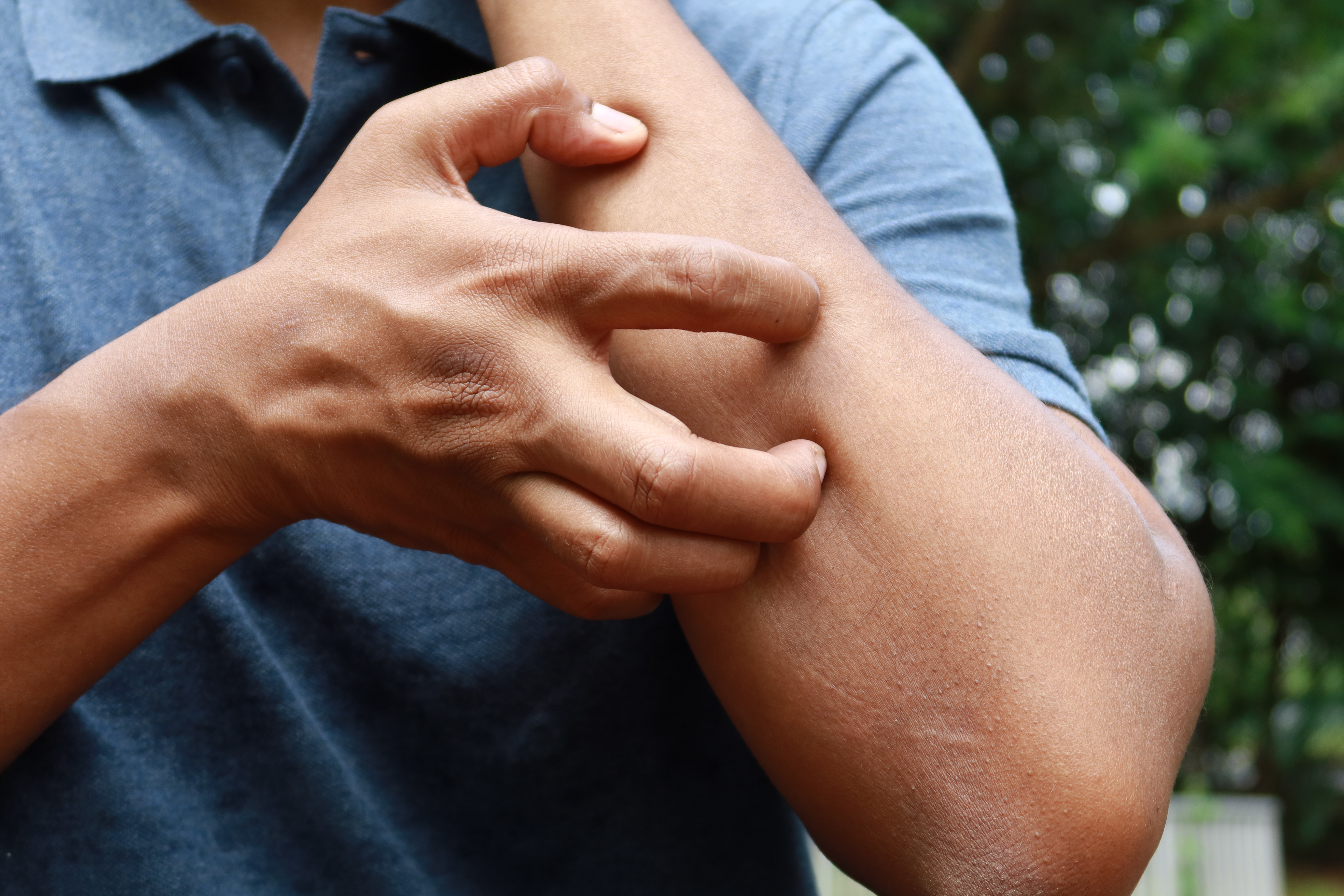Why Your Body Itches at Night
Nighttime itching, clinically known as nocturnal pruritus, is a perplexing and often frustrating condition that disrupts sleep and diminishes quality of life. While occasional itching is normal, persistent nighttime itching can become an unwanted bedtime companion for many. This phenomenon is not merely a matter of discomfort but often a complex interplay of various factors that are sometimes overlooked. From physiological changes in the body to environmental triggers, understanding the peculiar reasons behind this condition can be the key to finding relief. This article delves into 10 intriguing reasons why nighttime itching becomes an unwelcome presence, exploring each cause in depth and offering insights into potential solutions.
1. The Circadian Rhythm's Role
The human body operates on a circadian rhythm, a natural, internal process that regulates the sleep-wake cycle and repeats roughly every 24 hours. This biological clock not only influences sleep patterns but also affects skin physiology. At night, the body's temperature decreases and blood flow to the skin increases, which can heighten the sensation of itchiness. Additionally, the production of certain hormones like cortisol, which helps control inflammation, decreases during the night. This reduction can exacerbate skin conditions that are prone to itching. Understanding the influence of circadian rhythms can be crucial in managing nighttime itching effectively.
2. Dry Skin and Dehydration

Dry skin, or xerosis, is a common cause of nighttime itching that can be exacerbated by dehydration. During the day, environmental factors such as exposure to air conditioning or central heating can strip the skin of its natural oils, leading to dryness. At night, this lack of moisture becomes more pronounced, especially if one does not stay adequately hydrated. The skin's barrier function is compromised, making it more susceptible to irritants and resulting in an itchy sensation. Using a humidifier, applying a rich moisturizer before bed, and ensuring adequate water intake can help mitigate this issue.
